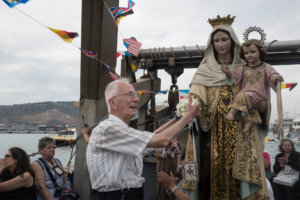
Mosén Pau Caldés – A good man
A real institution in La Barceloneta. He was much more
Some artists with their brushes, others with their cameras, and most of us with our memories, have been able to collect the images that throughout our lives allow us to remember an era of our neighbourhood from which our port nourished, and in a quid pro quo fed the inhabitants of Barceloneta.
These photographs show through the work of the author, an intense life, with a heart that beats hidden, and that reflect the effort in the most varied trades and the various scenarios in which they are performed 24 hours a day 365 days a year in shifts of 8 and 10 hours a day in this very port that was, formerly, a source of pride for our city.
Ninety percent of the residents of this neighbourhood depended directly or indirectly on the port to make their living. Barceloneta, in the eighties, was inhabited by thirty thousand souls, it was a seafaring, fishing, port, commercial and, above all, industrial neighbourhood. A network of companies, all of them linked to the naval industry, made Barceloneta a place where work should never be lacking.
In the 19th century, under the protection of a port that began to exist and allowed us to join its destiny to ours, Barceloneta became a seafaring neighbourhood. Linked to the port activity, it would become one of the most important neighbourhoods of Barcelona because of its industrial and commercial structure. With industries such as the Maquinista Terrestre y Marítima, where ship engines and train engines were built, employing thousands of metalworkers. Shipyards, such as Vulcano, Vasco Catalans, or the dry dock where merchant ships were repaired. There were also more than a hundred small and medium-sized shipbuilding and ship repair industries -especially fishing boats- the shipyards: Hermanos Garcia, Escolà, Viudes, Millans, Cardona… Mechanics and blacksmith workshops: Pons, Cardona, Forner, Giralt… and all the trades related to the sea: caulkers, painters, smelters, naval supplies stores, shipping companies, stevedores, pilots, tugboats, moorings. Catalana de Gas, the supply markets, Central (fish), the company Hermanos Alexander, builders of steam engines and boilers.
One of the most important sectors that employed more than a thousand workers at that time, and what also gave identity to our neighbourhood, fishing.
Of the more than 200 purse seiners, trawlers, trammel nets and longliners that existed in the 80’s, today there are only about twenty that dock precariously in a dwindling dock, condemned to disappear as a primary sector to become a service sector for the nautical and tourism.
Today there are no more seafarers, nor industries, according to the institutions the neighbourhood is improving its physiognomy, changing its lifestyle and substituting its main activities for others more in accordance with the new times. Some do not tire of arguing that the industries are dirty, and above all they make a lot of noise, we cannot deny it. Those of us who were born in this neighbourhood remember – some with nostalgia – that siren that warned of the bombings during the Civil War and later, for many years, marked the work shifts in the dry dock – UNB and Vulcano shipyards -; it sounded every six hours day and night and nobody ever complained. The whistles of the ships manoeuvring, or calling the pilot, and the whistle of the commuter trains announcing their departure also resounded in the middle of the night. They were the sounds of work -which today is scarce-.
As for Barceloneta, we have become accustomed to a different kind of noise: the music of the Vela hotel until the early hours of the morning, the shrieking of uncivil tourists in the middle of the night, the fights, the street musicians, the botellón, the screams of the poor victims – mostly tourists – asking for help in the middle of the night calling the police, everything is as familiar to us as the old siren or the whistles of the boats.
Today this seafaring neighbourhood gives way to another industry: the nautical industry, which is being imposed in the national market, and that Barceloneta has in the Port Vell and M92, – a modern industry – its maximum exponent, and in which both the neighbourhood and many of the professionals of the disappeared UNB had their hopes of continuity in the sector of repair, construction and maintenance of boats. Today these companies have been changing hands and have become the property of lobbies: Russians, Qataris, Turks, Chinese or Jews, who monopolize the work and prevent us from entering our port.
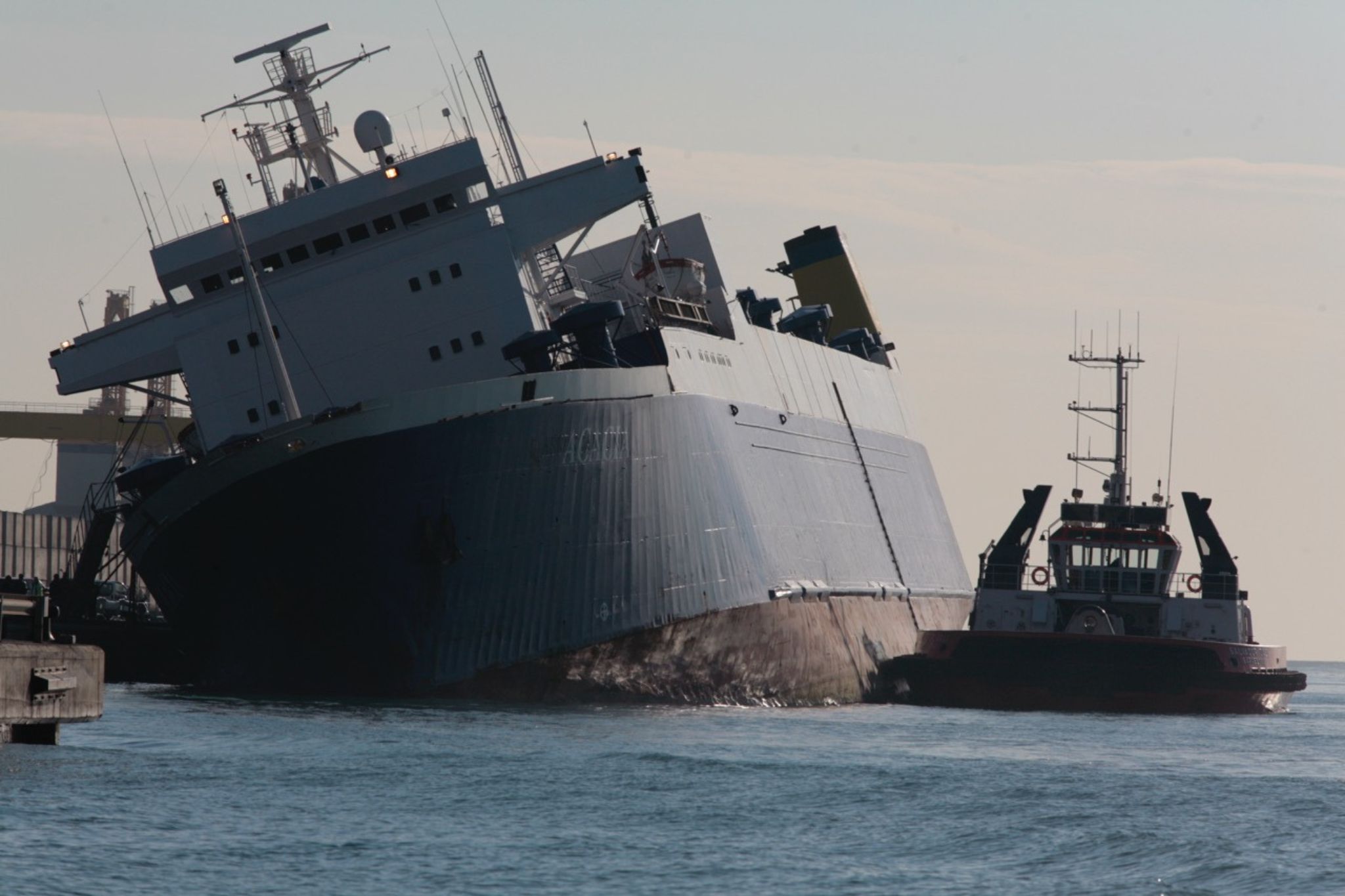
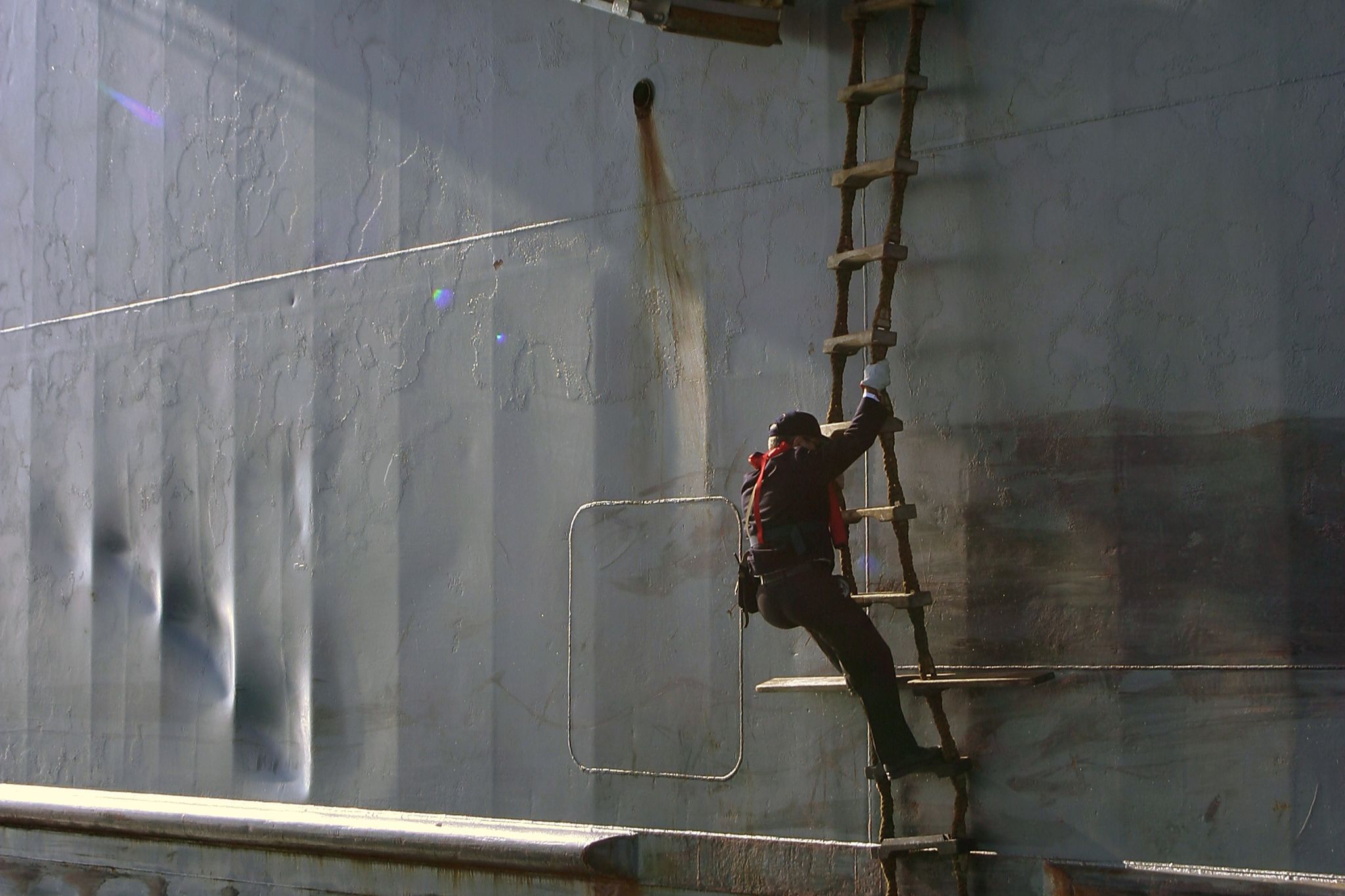
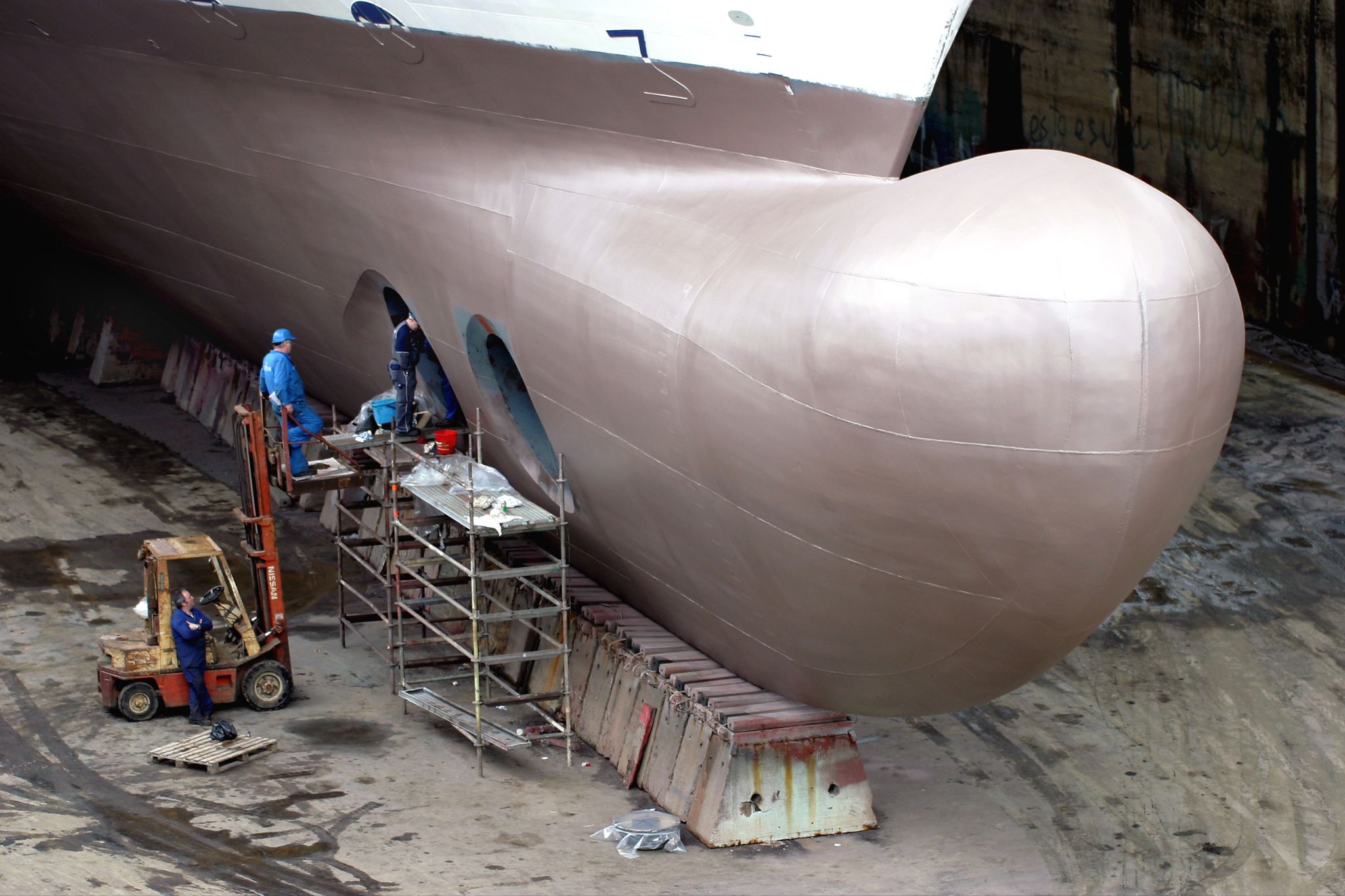
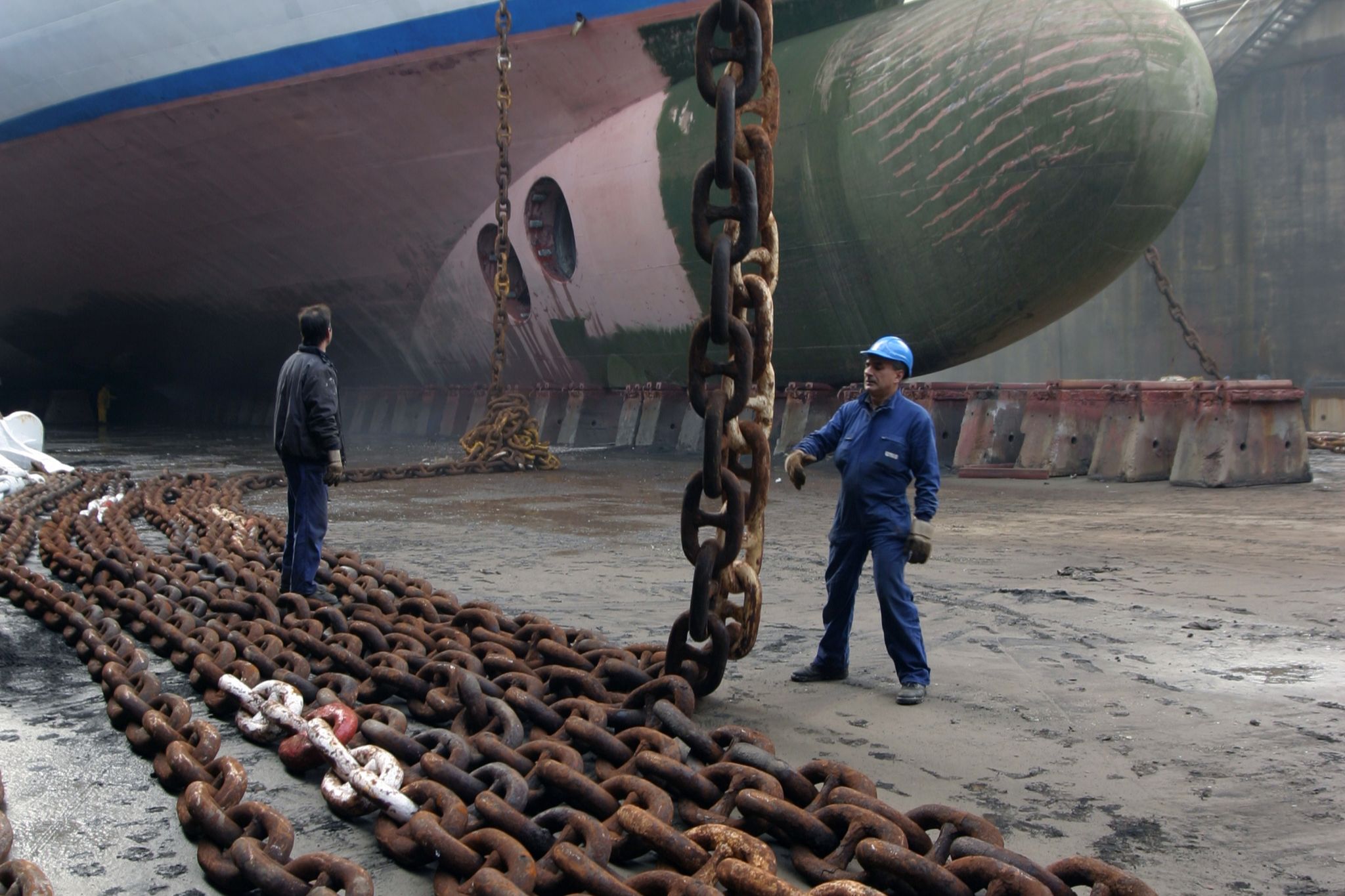
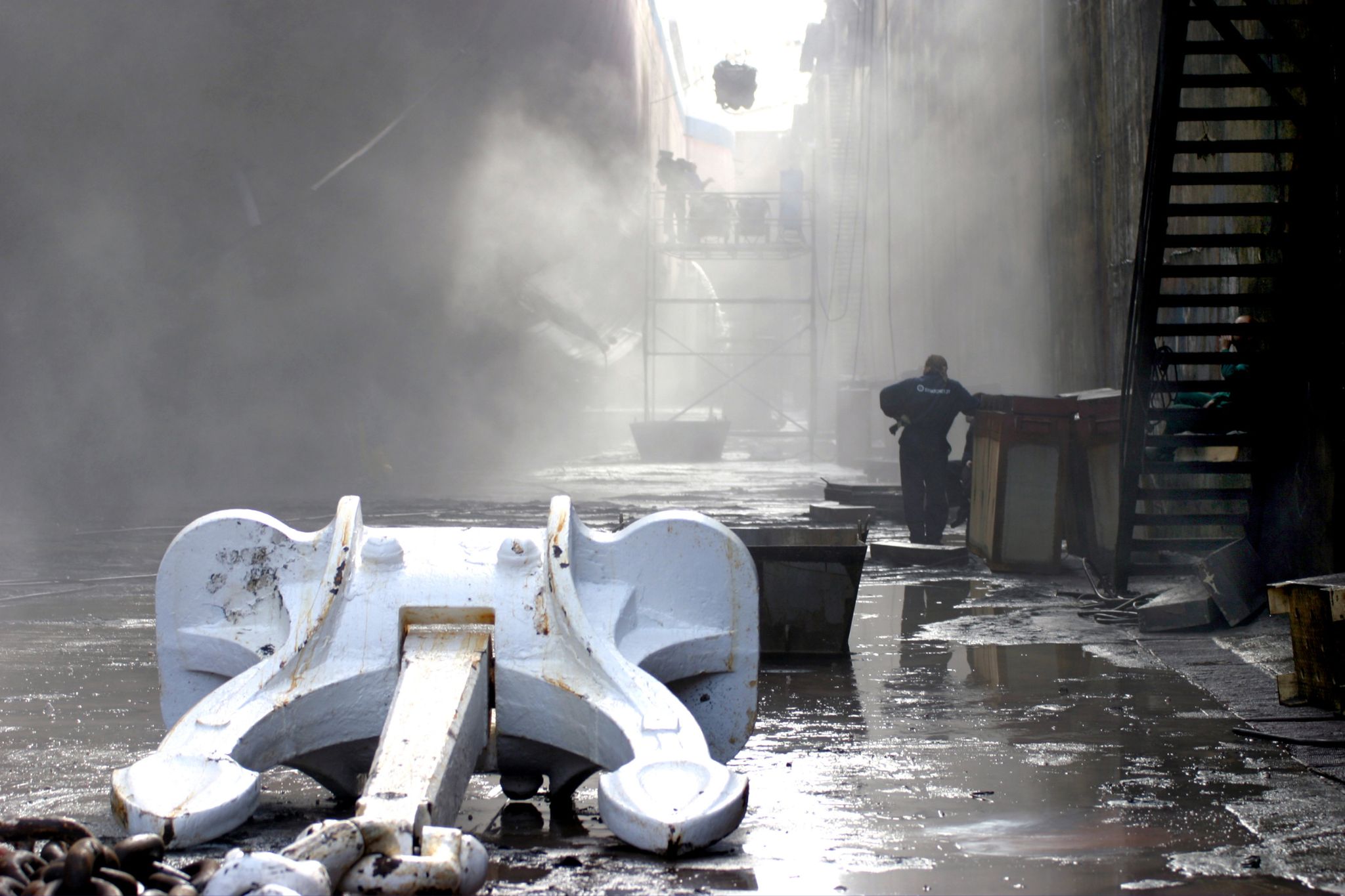
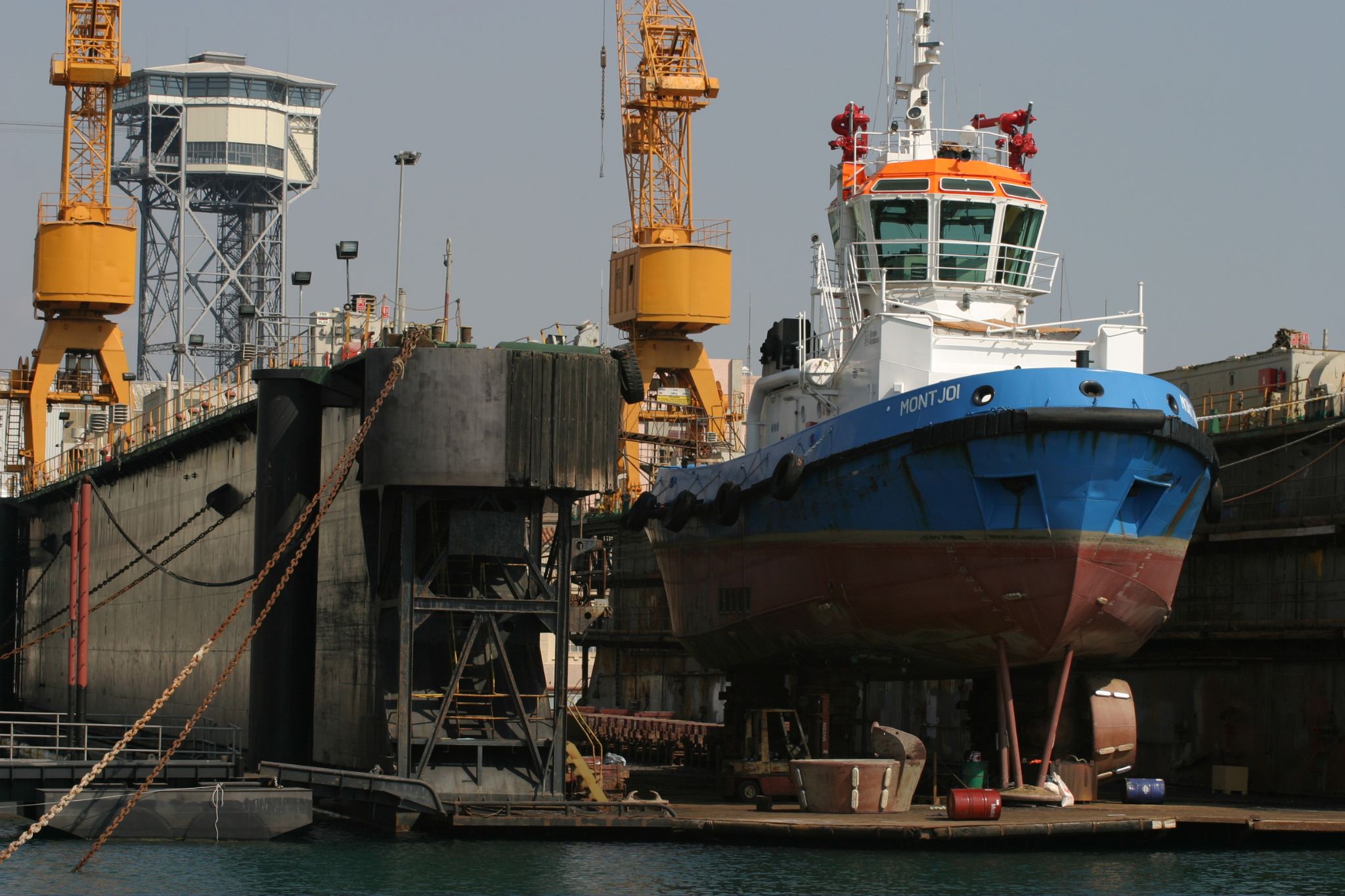
You may also be interested in

A real institution in La Barceloneta. He was much more
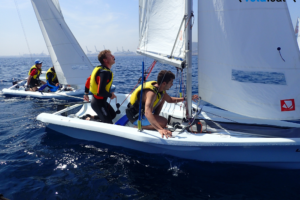
If you want to live the unique experience of combining
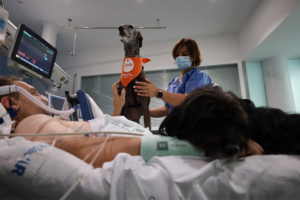
El Hospital del Mar y la Fundación Affinity ponen en
More articles
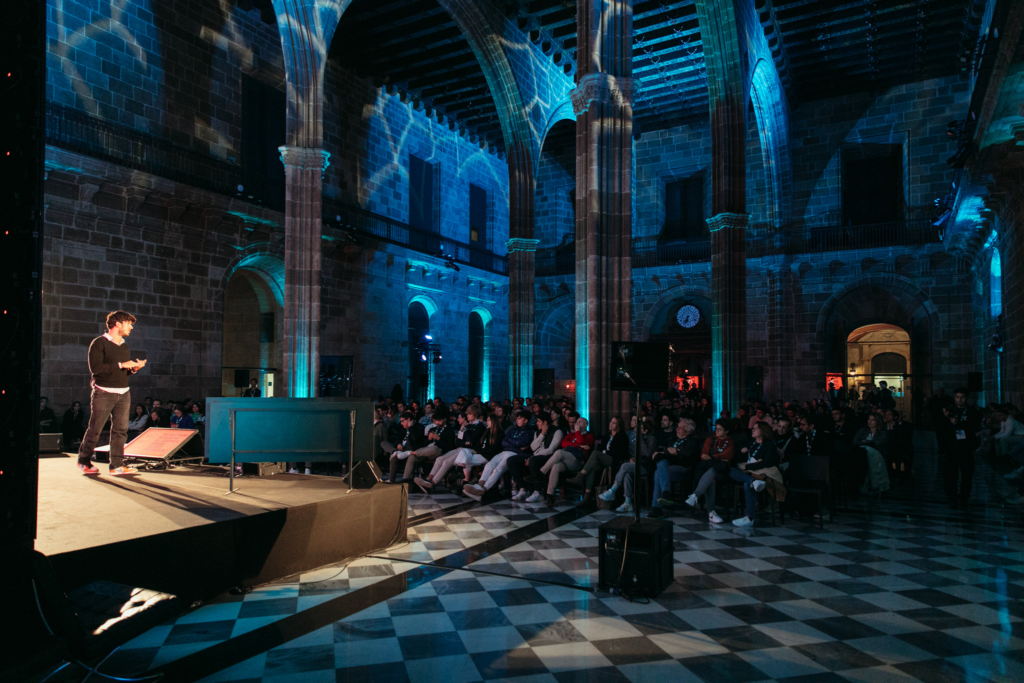
The 4th edition of the benchmark event for the technology community took place on 12
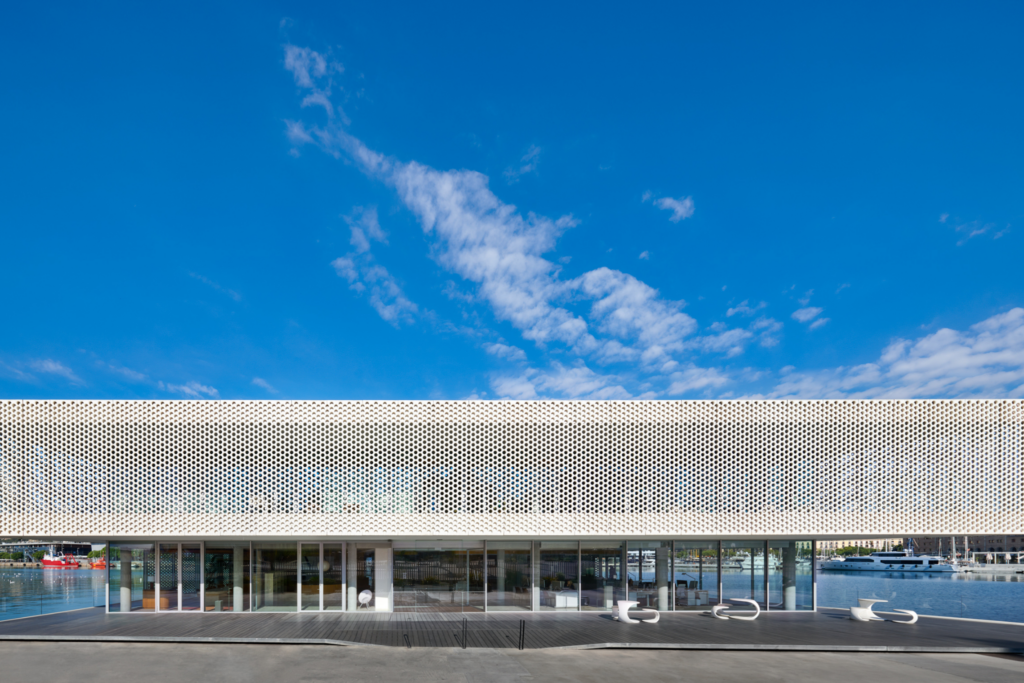
Celebrating Christmas is one of Marina Puerto Viejo’s most cherished traditions. And this year, as
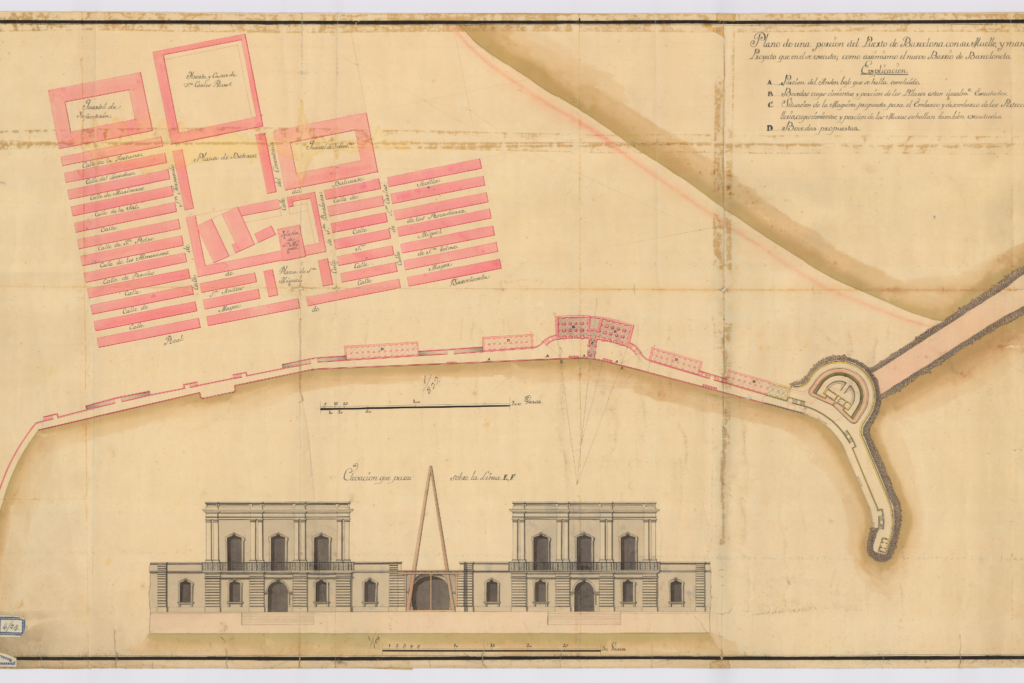
Next to a rubbish bin I’m going to find a very old Gladiator suitcase and
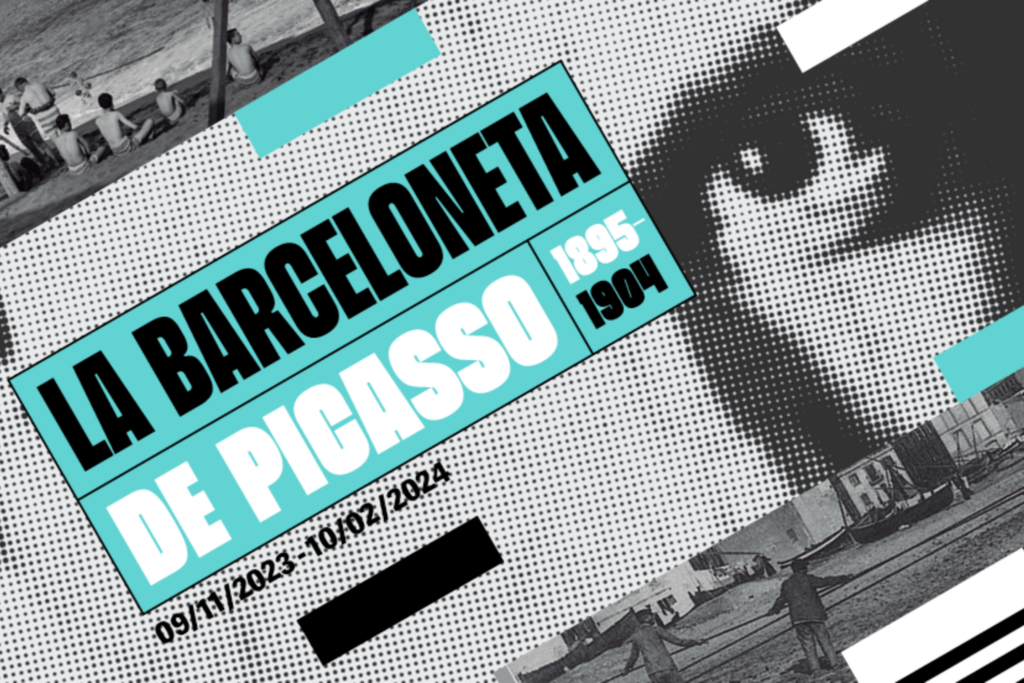
From 9 November to 10 February 2024. On the occasion of the celebration of the
| Cookie | Duration | Description |
|---|---|---|
| _ga | 2 years | The _ga cookie, installed by Google Analytics, calculates visitor, session and campaign data and also keeps track of site usage for the site's analytics report. The cookie stores information anonymously and assigns a randomly generated number to recognize unique visitors. |
| _ga_2DMP7XMBDL | 2 years | This cookie is installed by Google Analytics. |
| Cookie | Duration | Description |
|---|---|---|
| pll_language | 1 year | The pll _language cookie is used by Polylang to remember the language selected by the user when returning to the website, and also to get the language information when not available in another way. |
| Cookie | Duration | Description |
|---|---|---|
| cookielawinfo-checkbox-advertisement | 1 year | Set by the GDPR Cookie Consent plugin, this cookie is used to record the user consent for the cookies in the "Advertisement" category . |
| cookielawinfo-checkbox-analytics | 1 year | Set by the GDPR Cookie Consent plugin, this cookie is used to record the user consent for the cookies in the "Analytics" category . |
| cookielawinfo-checkbox-functional | 1 year | The cookie is set by the GDPR Cookie Consent plugin to record the user consent for the cookies in the category "Functional". |
| cookielawinfo-checkbox-necessary | 1 year | Set by the GDPR Cookie Consent plugin, this cookie is used to record the user consent for the cookies in the "Necessary" category . |
| cookielawinfo-checkbox-others | 1 year | Set by the GDPR Cookie Consent plugin, this cookie is used to store the user consent for cookies in the category "Others". |
| cookielawinfo-checkbox-performance | 1 year | Set by the GDPR Cookie Consent plugin, this cookie is used to store the user consent for cookies in the category "Performance". |
| CookieLawInfoConsent | 1 year | Records the default button state of the corresponding category & the status of CCPA. It works only in coordination with the primary cookie. |
| elementor | never | This cookie is used by the website's WordPress theme. It allows the website owner to implement or change the website's content in real-time. |